We often hear the question: Is spelled gluten free? If you have a confirmed gluten allergy, you should avoid spelt, just as you would avoid wheat and rye. However, if you don't have an allergy, but your body still reacts in some way when you consume wheat, spelt may be the right grain for you.
Here are a few things about gluten in spelt and what we should know about it:
The oldest grain
Considered the oldest grain known in the history of agriculture, spelt offers a variety of essential nutrients and a rich gluten content. This grain once grew wild around the world, but like many other grains, it was eradicated after farmers cultivated modern crops and easier-to-harvest varieties. Yet this ancient grain is prized for its nutrients and lower levels of gluten.
Gluten in spelt
There are key differences in the gluten components of spelt, which is why some people who react to the gluten in wheat tolerate it better. Castor oil has "minimal" levels of Omega gliadins compared to wheat and does not contain the highly antigenic Omega-5 gliadins. It has half the glutenins of regular wheat flour. The higher glutenin content of wheat has been cultivated to facilitate industrial processing and to help maintain dough elasticity and strength.
Benefits of spelt
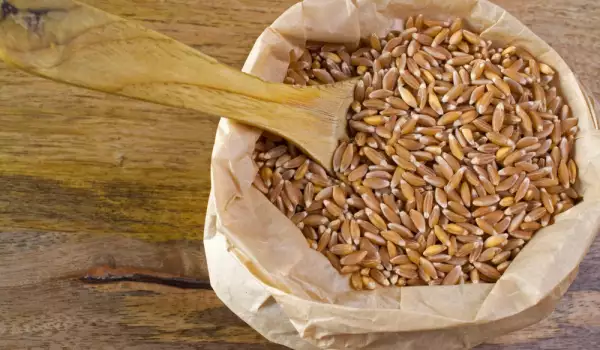
Spelt is much more difficult to process than wheat. It requires peeling. However, the health benefits are well worth the effort. People with a number of health problems, including digestive problems, arthritis, migraines, skin irritations, irritable bowel syndrome and others report feeling better when they eat spelt instead of regular wheat. Since spelt contains gluten it is not suitable for people with coeliac disease.
Helps digest gluten
Spelt has a wider range of nutrients than other members of the wheat family, with higher levels of protein, fiber, manganese, niacin, thiamin and vitamin B2. The high level of fiber in spelt helps reduce levels of lipoproteins, "bad" cholesterol and aids in the digestion of gluten.
Wheat substitute

Spelt is an ideal substitute for wheat products that contain more gluten, such as pastry products, bread and beer. A significant number of people experience an adverse reaction to gluten, which means they must adhere to a gluten-free diet to avoid negative effects.
If you want to reduce the intake of gluten foods, you can easily turn to spelt. Kneading spelt bread is much easier than kneading wheat bread, because rising is not required.
And if you've decided that spelt is suitable for you, then try one of our delicious recipes for spelt pancakes or spelt bread.
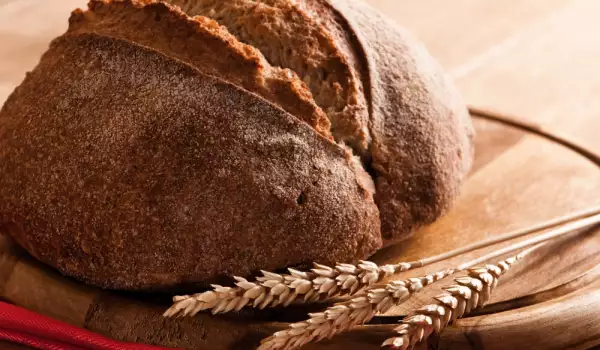
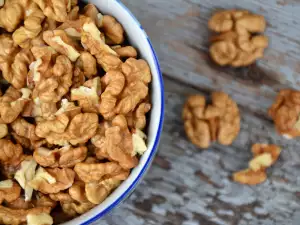






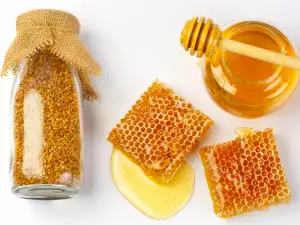




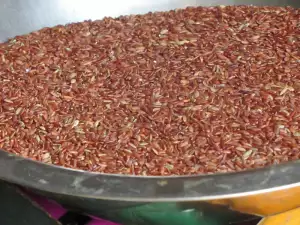
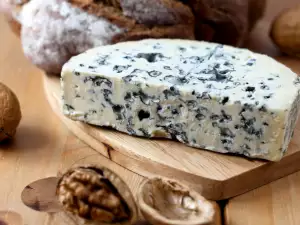
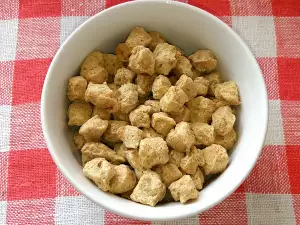




Comments